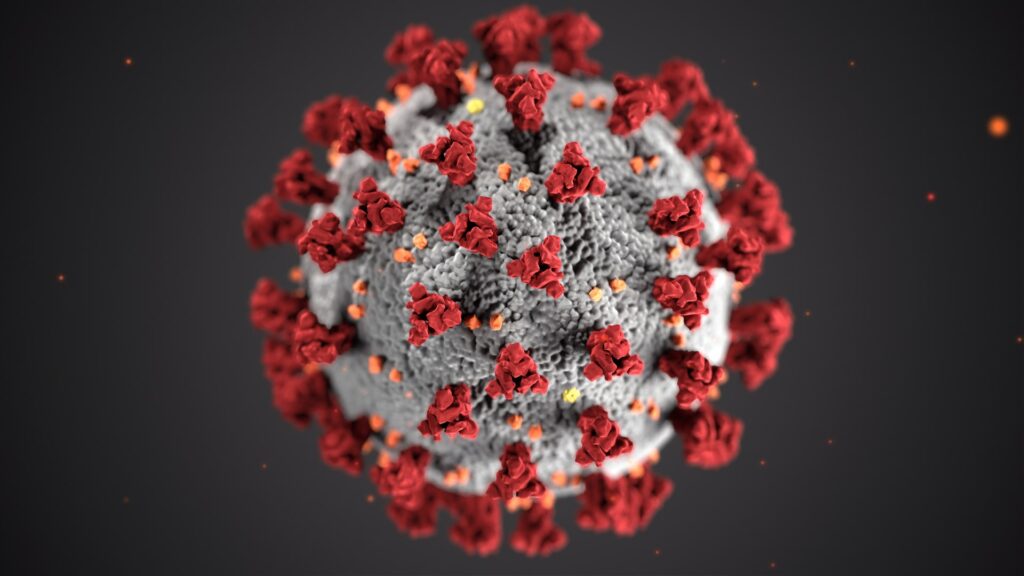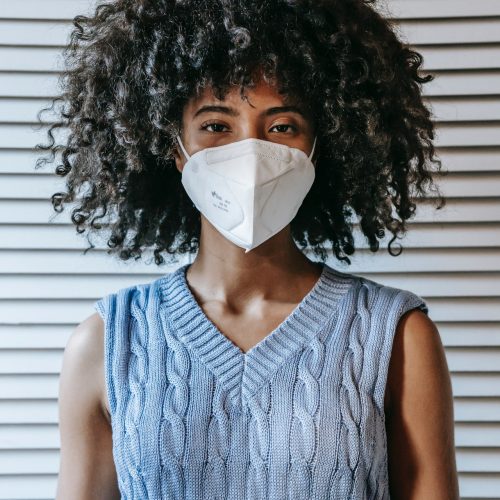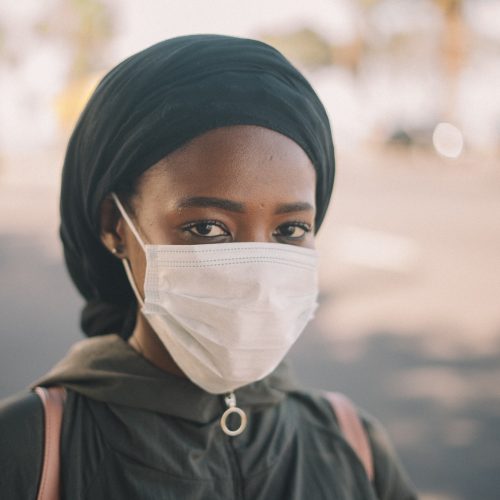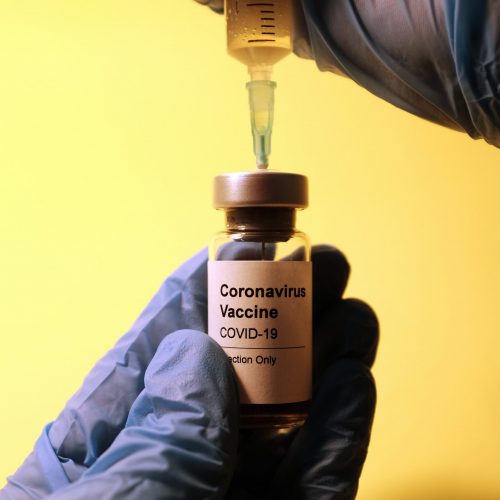COVID-19 Resources
2 638 981 +
Positive Cases Identified
2 402 020 +
Recoveries
78 377 +
Deaths
15 752 534 +
Test Conducted
What is COVID-19?
Coronaviruses are a large family of viruses which may cause illness in animals or humans. In humans, several coronaviruses are known to cause respiratory infections ranging from the common cold to more severe diseases such as Middle East Respiratory Syndrome (MERS) and Severe Acute Respiratory Syndrome (SARS). The most recently discovered coronavirus causes coronavirus disease COVID-19.

Day to day Covid-19 Statistics visit the
Frequent Asked Questions?
The virus is very susceptible to common anti-bacterial cleaning agents such as bleach, and alcohol-based cleaners (60% volume). Regularly and thoroughly clean your hands with an alcohol-based hand rub or wash them with soap and water for at least 20 seconds. Maintain at least 1 metre distance between yourself and anyone who is coughing or sneezing. Avoid touching your eyes, nose or mouth with unclean hands.
Self-isolation is a way to keep yourself from possibly infecting others if you think you might be infected. It involves limiting contact with public places, relatives, friends, colleagues, and public transport.
The symptoms of COVID-19 include cough, sore throat, shortness of breath or fever. However, these are also symptoms of the flu. The National Institute of Communicable Diseases (NICD) recommends that you should only get tested if you display symptoms plus:
Been in contact with a confirmed COVID-19 person;
Travelled to a high risk country;
Worked in or been to a healthcare facility treating people with Covid-19;
Have a severe case of pneumonia with an unknown cause.
However, one should consult your medical practitioner immediately if you display symptoms.
If you think you might have contracted the virus, you can call the NICD helpline (0800 029 999) and you will be advised on possible testing facilities. However, testing is not routinely done unless testing is indicated by a health professional therefore one would need to be assessed by your medical practitioner in order to qualify for testing.
Anyone who tests positive will immediately be notified and put into isolation at home or at a facility designated to manage the outbreak. You will then remain in isolation until repeat testing shows you no longer have the virus.

Symptoms of COVID-19?
Lorem ipsum dolor sit amet, consectetur adipiscing elit. Ut elit tellus, luctus nec ullamcorper mattis, pulvinar dapibus leo.
Showing symptoms of COVID-19?
COVID-19 Public Hotline: 0800 029 999
WhatsApp Support Line: 0600-123456
Virus Myths
With ease of access to information, a number of misinformation has been spread regarding COVID_19 virus and its important that we know the truth in order to save our lives and the lives of our loved ones..
The Coronaviruses is spread from person-to-person through respiratory droplets. Currently there is no evidence to support transmission of COVID-19 associated with food. Before preparing or eating food it is important to always rinse the food with water and wash your hands with soap and water for 20 seconds for general food safety.
The SARS-CoV-2 virus does not survive well in warmer climates. It is therefore expected to thrive in the colder winter seasons.
Those at higher risk of contracting the virus include the elderly and individuals with chronic conditions or a compromised immune system. Chronic conditions include high blood pressure, diabetes, cancer and lung disease amongst others.
If you are at higher risk of getting the virus, you should take everyday precautions to keep space between yourself and others. When you go out, try to avoid unnecessary contact, non-essential travel and exposure to others who are sick. Wash your hands often, avoid crowds and if there is an outbreak in your community, consider staying home and limiting contact to essential people.


Unfortunately Dr MC Masemola practice’s facility does not offer vaccination but do not worry, The South African Government has made it easy for everyone to get vaccinated.
What you have to do if you are 18 years and above, register to get vaccinated.
Source: COVID-19 Vaccination Messaging Guideline developed by the Communication Work Stream of the Technical Committee of the Inter-Ministerial Committee on Vaccinations. Issued by the Department: Government Communication and Information System.

